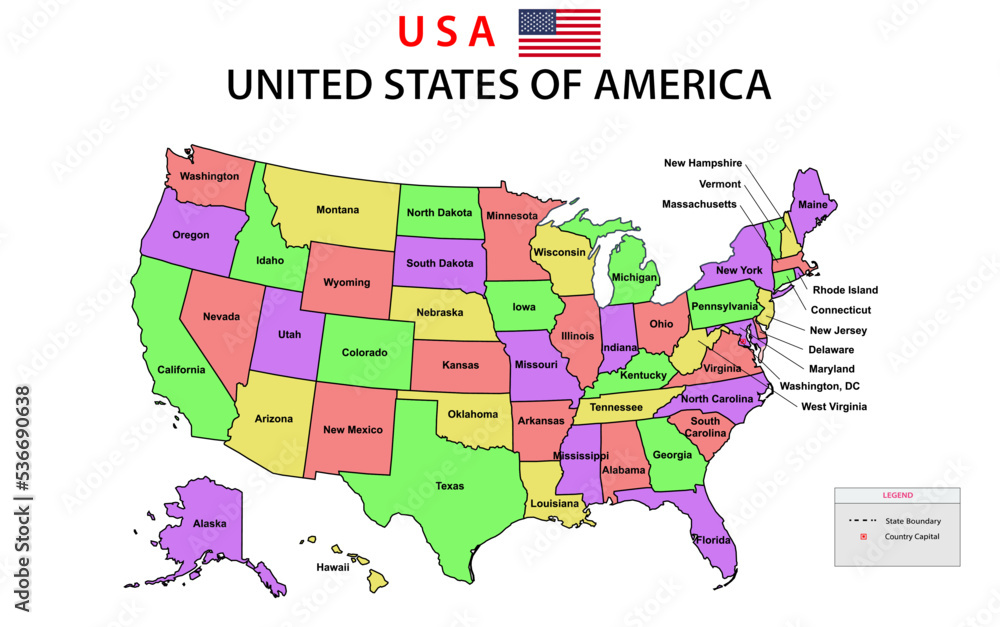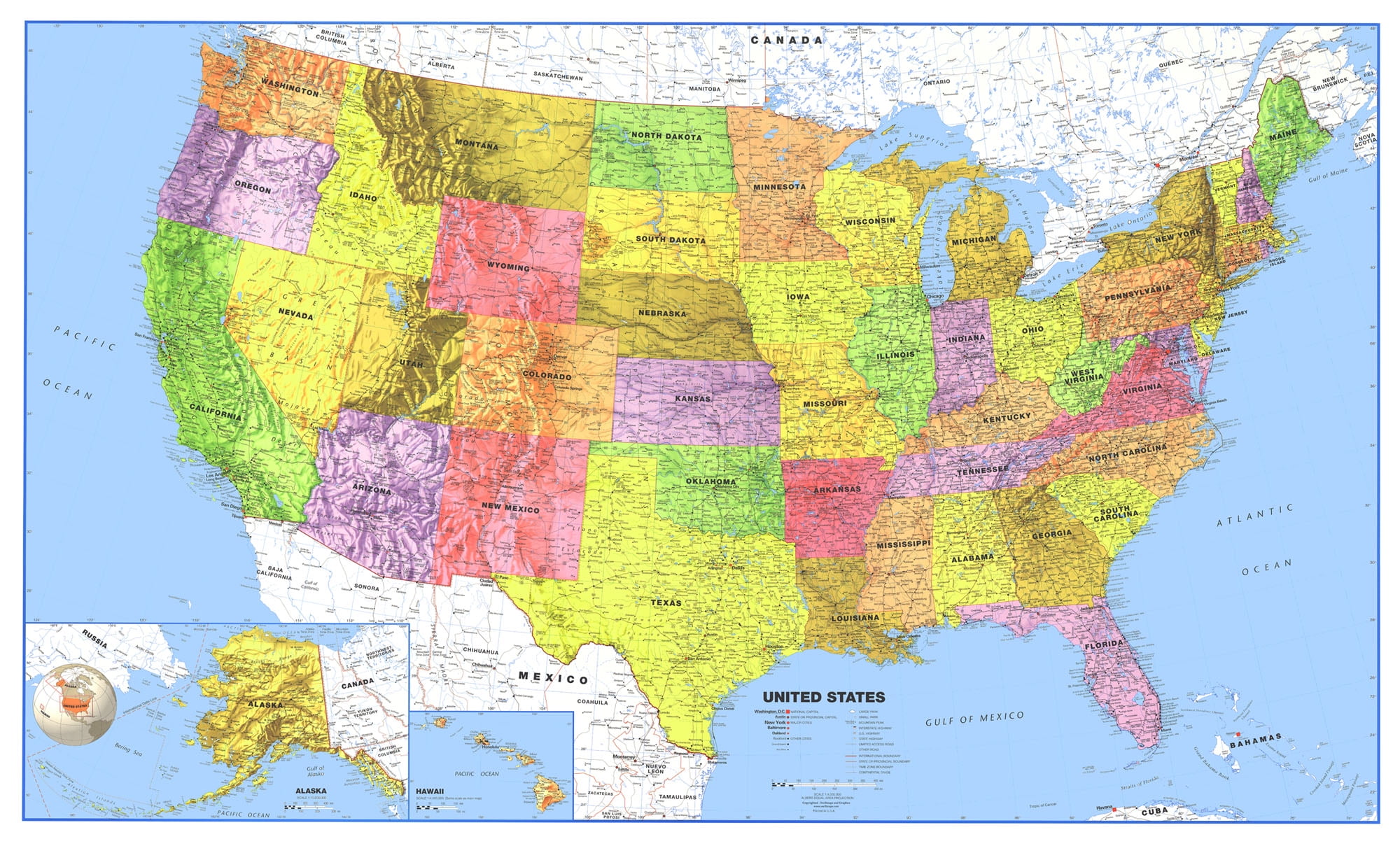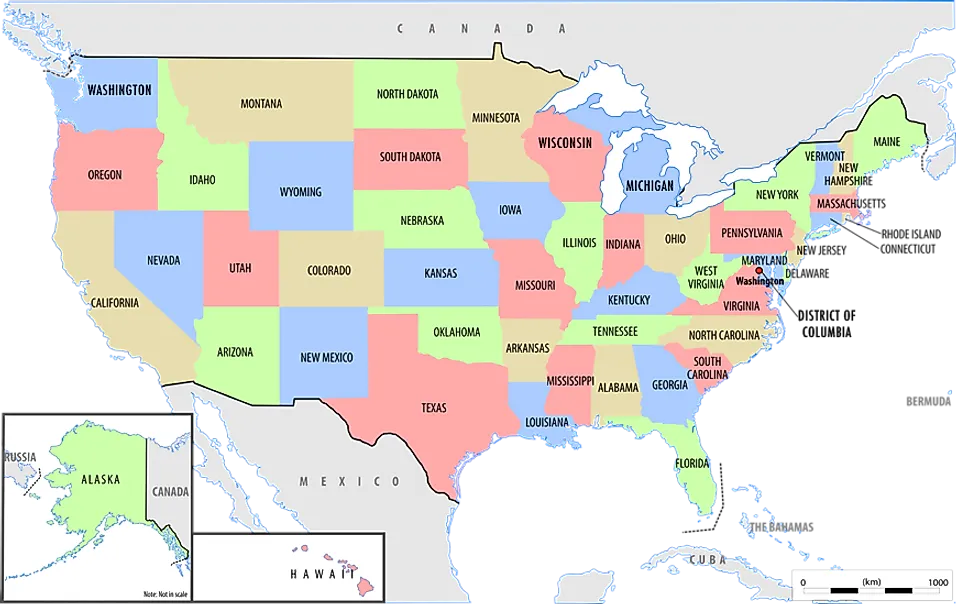The US Role In The Iran-Iraq War: A Complex Legacy Unveiled
Table of Contents
- The Genesis of Conflict: Iraq's Invasion and Regional Dynamics
- Washington's Shifting Sands: Initial Neutrality to Covert Support
- The Unseen Hand: US Intelligence and Military Aid to Iraq
- The Iran-Contra Affair: A Paradoxical Twist in US Policy
- The War's End and Its Immediate Aftermath: A Region Reshaped
- The Lingering Shadows: Post-War Sanctions and Their Devastating Impact
- The Echoes of Conflict: Iran-Iraq Relations in the Modern Era
- The Enduring Legacy: How the US Role Shaped the Middle East
The Genesis of Conflict: Iraq's Invasion and Regional Dynamics
Forty years ago today, Iraq launched an invasion of neighboring Iran, beginning a war that would drag on until 1988 and leave hundreds of thousands dead. This audacious move by Saddam Hussein's regime was driven by a mix of territorial disputes, historical grievances, and a desire to assert regional hegemony, particularly in the wake of the 1979 Iranian Revolution. The revolution had overthrown the pro-Western Shah and installed an Islamic Republic, sending shockwaves across the Middle East and beyond. For the United States, still reeling from the hostage crisis that had seen American diplomats held captive in Tehran, the rise of revolutionary Iran was perceived as a significant threat to regional stability and U.S. interests. The initial phase of the war saw Iraq make significant territorial gains, but Iran, fueled by revolutionary fervor and a vast pool of human resources, soon mounted a tenacious defense, pushing Iraqi forces back and eventually taking the fight onto Iraqi soil. This protracted and bloody stalemate created a complex dilemma for global powers, especially the United States. While Washington harbored deep animosity towards the new Iranian regime after the hostage crisis, it also viewed Saddam Hussein's Iraq with suspicion. However, the perceived greater threat from Iran's revolutionary ideology and its potential to destabilize the Gulf region ultimately steered U.S. policy towards an unlikely, yet calculated, alignment.Washington's Shifting Sands: Initial Neutrality to Covert Support
Initially, the United States adopted a stance of official neutrality in the Iran-Iraq War. This public posture, however, masked a gradual but significant shift in policy behind the scenes. As the war progressed and Iran began to gain the upper hand in the early to mid-1980s, Washington grew increasingly concerned about the prospect of an Iranian victory. A triumphant Iran, it was feared, could export its revolutionary ideology, ignite Shia populations in other Gulf states, and ultimately threaten the flow of oil from the region, which was vital to global economies. This strategic concern prompted a re-evaluation of the US role in the Iran-Iraq War. Despite Iraq's undeniable aggression and its documented atrocities, including the use of horrific chemical weapons, the pragmatic imperative to contain Iran took precedence. Iraq invaded Iran in 1980 and started using chemical weapons against Iranian soldiers and border villages from 1982. Yet, astonishingly, Washington lent diplomatic backing in the war to Baghdad. This diplomatic support was often accompanied by intelligence sharing and other forms of covert assistance, designed to bolster Iraq's war effort and prevent an Iranian breakthrough. The logic, however flawed in retrospect, was that a strong Iraq served as a necessary bulwark against Iranian expansionism.The Unseen Hand: US Intelligence and Military Aid to Iraq
The depth of the US role in the Iran-Iraq War extended far beyond mere diplomatic backing. While direct military intervention was avoided, the United States provided Iraq with crucial intelligence, logistical support, and even dual-use technology that could be converted for military purposes. This assistance was often clandestine, aimed at avoiding public scrutiny and maintaining a veneer of neutrality. American satellite intelligence, for instance, provided Iraq with critical information on Iranian troop movements and strategic targets, giving Saddam Hussein's forces a significant battlefield advantage. Moreover, U.S. policy makers facilitated the sale of advanced weaponry and military equipment to Iraq from third-party nations, and in some cases, directly provided non-lethal aid that freed up Iraqi resources for its war machine. This covert support was a cornerstone of the Reagan administration's strategy to prevent an Iranian victory, underscoring the lengths to which Washington would go to manage the regional balance of power. The objective was not necessarily to ensure an Iraqi triumph, but rather to ensure that neither side emerged as a dominant force, thereby maintaining a precarious equilibrium.The Chemical Weapon Conundrum: A Moral Blind Spot
Perhaps one of the most controversial aspects of the US role in the Iran-Iraq War was Washington's response, or lack thereof, to Iraq's flagrant use of chemical weapons. Defying the 1925 Geneva Protocol that outlawed chemical weapons, Iraq converted chemical plants employed in pesticide manufacturing to produce mustard gas and other nerve agents. These horrific weapons were systematically deployed against Iranian soldiers and border villages from 1982 onwards, causing immense suffering and death. Despite clear intelligence reports confirming these atrocities, the United States largely remained silent or downplayed the severity of Iraq's actions. This moral blind spot was a direct consequence of the overarching strategic imperative to support Iraq against Iran. Condemning Iraq too strongly, it was feared, would weaken Saddam Hussein's regime and potentially open the door for an Iranian victory. This pragmatic approach, prioritizing geopolitical interests over human rights and international law, has drawn significant criticism in hindsight and remains a stain on the historical record of the US involvement. The long-term implications of this tacit acceptance of chemical warfare would later manifest in complex ways, contributing to the perception of a double standard in international relations.Strategic Calculus: Balancing Power in the Persian Gulf
The broader context for the US role in the Iran-Iraq War was the Cold War and the enduring American commitment to maintaining stability in the Persian Gulf, a region critical for global energy supplies. The rise of revolutionary Iran, with its anti-Western rhetoric and aspirations to export its revolution, was seen as a disruptive force that threatened not only pro-Western Arab states but also the broader geopolitical order. Supporting Iraq, therefore, was viewed as a necessary evil, a means to an end in the larger strategic game. This strategic calculus aimed to prevent either Iran or Iraq from becoming a dominant regional hegemon. By providing just enough support to Iraq to prevent its collapse, the U.S. sought to ensure a protracted conflict that would exhaust both belligerents, thereby diminishing their capacity to threaten regional stability or U.S. interests. This delicate balancing act, however, came at a tremendous human cost and laid the groundwork for future conflicts and enduring mistrust in the region.The Iran-Contra Affair: A Paradoxical Twist in US Policy
Adding another layer of complexity, and indeed paradox, to the US role in the Iran-Iraq War was the revelation of the Iran-Contra affair. While publicly supporting Iraq and condemning Iran as a state sponsor of terrorism, U.S. policymakers secretly engaged in a clandestine operation to sell arms to Iran. The main tool by which U.S. policymakers sought to secure their position in Iran in 1985 and 1986 was secretly providing arms and intelligence information. This covert initiative, which came to light in 1986, involved selling weapons to Iran in exchange for the release of American hostages held in Lebanon, with some of the proceeds illegally diverted to fund the Contra rebels in Nicaragua. The Iran-Contra affair exposed a deeply contradictory and ethically questionable foreign policy. It revealed a dual-track approach where the U.S. was simultaneously aiding both sides of the conflict, albeit in different capacities and for different strategic objectives. This episode severely damaged America's credibility on the international stage, raising questions about the coherence and morality of its foreign policy. It underscored the desperate measures some policymakers were willing to take to achieve their objectives, even if it meant undermining stated policies and international norms. The scandal highlighted the profound complexities and moral ambiguities inherent in the US role in the Iran-Iraq War, demonstrating how strategic imperatives could lead to convoluted and often self-defeating actions.The War's End and Its Immediate Aftermath: A Region Reshaped
The Iran-Iraq War finally concluded in August 1988, largely due to a combination of mutual exhaustion, international pressure, and the devastating impact of Iraq's "War of the Cities" and renewed chemical attacks. The war ended in a stalemate, with neither side achieving its initial objectives, but at an astronomical cost. Hundreds of thousands were dead, both nations were economically devastated, and the region was left profoundly scarred. For the United States, the end of the war brought a temporary sense of relief that its primary objective – preventing an Iranian victory – had been achieved. However, the peace was fragile, and the consequences of the war, and the US role within it, were far-reaching. The conflict had inadvertently strengthened Saddam Hussein, who emerged from the war with a formidable military and a sense of invincibility, setting the stage for future regional aggression, most notably the invasion of Kuwait in 1990. The war also left Iran deeply suspicious of Western intentions, further entrenching its anti-American stance and contributing to a cycle of mistrust that persists to this day. The militarization of the participating nations, shaped significantly by external involvement, set the stage for subsequent regional conflicts and ongoing tensions in the Middle East.The Lingering Shadows: Post-War Sanctions and Their Devastating Impact
The end of the Iran-Iraq War did not bring an end to Iraq's troubles, nor to the significant US role in shaping its destiny. Following Iraq's invasion of Kuwait in 1990, the international community, led by the United States and Britain, imposed harsh economic sanctions on Iraq. While initially aimed at compelling Iraq's withdrawal from Kuwait and dismantling its weapons of mass destruction programs, these sanctions continued for over a decade, long after the Gulf War. Moreover, the United States' and Britain's role in undermining all efforts to lift the harsh economic sanctions imposed on Iraq in the 1990s exposed the family to destitution and downward mobility. The sanctions, intended to cripple Saddam Hussein's regime, instead devastated the Iraqi civilian population, leading to widespread poverty, malnutrition, and a collapse of the country's infrastructure and healthcare system. This prolonged period of economic strangulation contributed to deep-seated resentment among Iraqis and further destabilized the nation, creating a fertile ground for future conflict and extremism. The legacy of the sanctions is a critical, yet often overlooked, aspect of the enduring impact of the US involvement in the region, illustrating how policy decisions can have profound and unintended humanitarian consequences for decades.The Echoes of Conflict: Iran-Iraq Relations in the Modern Era
Decades after the Iran-Iraq War, the relationship between the two nations remains complex, deeply influenced by the historical conflict and the ongoing regional power dynamics, in which the US role continues to be a significant factor. Let's face it, Iran is an important neighbor to Iraq, sharing a long border, cultural ties, and a significant Shia population. This geographical and demographic reality dictates that there has to be cooperation between Iran and Iraq, despite their past animosity.A Complex Coexistence: Navigating Shared Borders and Interests
In the post-2003 invasion era, Iran has significantly increased its influence in Iraq. During the past seven years, Iran has also deployed a large mix of cultural, military, and economic resources available to influence Iraq. Tehran views a stable, friendly Iraq as crucial to its regional security and strategic depth. Iran will leverage its resources to ensure Iraq prevails as an ally, aiming to solidify its influence through political, economic, and security ties. However, yet Iran’s role in Iraq is complex, and it will be no simple task to mold Iraq into the ally Iran wishes it to be. Iraqi nationalism, diverse political factions, and the lingering scars of the Iran-Iraq War all contribute to a nuanced relationship that resists simple categorization. Both the Iranians are talking to the Iraqi security forces and the Americans are talking to Iraqi security forces, highlighting the multi-layered diplomatic and security engagements within Iraq.The US Presence: A Continuing Factor in Regional Dynamics
The US role in Iraq did not end with the Iran-Iraq War. The 2003 U.S. invasion of Iraq, though a separate conflict, has undeniable parallels and roots in the earlier war's aftermath. From the end of August 2010, the United States attempted to dramatically cut its combat role in Iraq, with the withdrawal of all US ground forces designated for active combat operations. The last US combat brigades departed Iraq in the early morning of 19 August 2010. However, a U.S. military presence has remained, particularly in the fight against ISIS, which has inadvertently placed American forces in close proximity, and sometimes indirect coordination, with Iranian-backed groups fighting the same enemy. This ongoing presence and the broader U.S. policy towards Iran continue to shape the intricate relationship between Tehran and Baghdad. While Washington claims it is not at war with Iran, the facts on the ground indicate that there is U.S. engagement that sometimes borders on proxy conflict, further complicating regional stability. The US in December 2014 continued to deny cooperation with Iran with American Ambassador to Iraq Stuart E. Jones, even as both nations battled ISIS. This delicate dance of non-cooperation amidst shared objectives underscores the enduring legacy of the Iran-Iraq War and the persistent challenge of navigating complex alliances and rivalries in the Middle East.The Enduring Legacy: How the US Role Shaped the Middle East
The US role in the Iran-Iraq War was a pivotal chapter in modern Middle Eastern history, leaving an indelible mark on the region's geopolitical landscape. Their involvement not only shaped the militarization of the participating nations but also set the stage for subsequent regional conflicts and ongoing tensions in the Middle East. The pragmatic, often cynical, approach taken by Washington to balance power ultimately contributed to a cycle of instability rather than lasting peace. The parallel to the 2003 U.S. invasion of Iraq is hard to ignore, as many analysts argue that the earlier conflict, and the U.S. support for Saddam Hussein, inadvertently empowered a regime that would later become a direct adversary. The unresolved grievances, the proliferation of advanced weaponry, and the deep-seated mistrust fostered during the Iran-Iraq War laid the groundwork for future confrontations. Today, the tensions between the U.S. and Iran, the complex internal dynamics of Iraq, and the broader regional power struggles can all trace significant roots back to this brutal eight-year conflict and the external powers that influenced its course. While President Donald Trump sought a reduced role for the military in policing the Middle East, the echoes of past interventions continue to shape current realities, from accusations of U.S. support for Israeli attacks on Iran to the ongoing efforts to manage the intricate security landscape of Iraq. The legacy of the US role in the Iran-Iraq War serves as a stark reminder of the long-term, often unintended, consequences of foreign policy decisions in a volatile region.Conclusion
The US role in the Iran-Iraq War was a multifaceted and often contradictory saga, driven by Cold War imperatives and a desire to contain revolutionary Iran. From covert intelligence sharing and diplomatic backing for Iraq, even in the face of chemical weapon use, to the paradoxical arms sales to Iran in the Iran-Contra affair, Washington's involvement profoundly shaped the conflict's trajectory and its devastating aftermath. The war not only reshaped the immediate geopolitical landscape but also contributed to a legacy of mistrust, instability, and a complex web of regional power dynamics that continue to define the Middle East today. The lingering shadows of sanctions, the evolving Iran-Iraq relationship, and the persistent U.S. presence in the region all underscore how deeply the consequences of this historical engagement are intertwined with present-day realities. Understanding this complex history is crucial for anyone seeking to comprehend the intricate challenges facing the Middle East. We invite you to share your thoughts in the comments below: How do you view the long-term impact of the US role in the Iran-Iraq War on the region? What lessons can be drawn from this period for contemporary foreign policy? Your insights contribute to a richer understanding of these critical historical events. For more in-depth analysis of Middle Eastern history and international relations, explore other articles on our site.
USA Map. Political map of the United States of America. US Map with

United States Map Maps | Images and Photos finder

Mapas de Estados Unidos - Atlas del Mundo